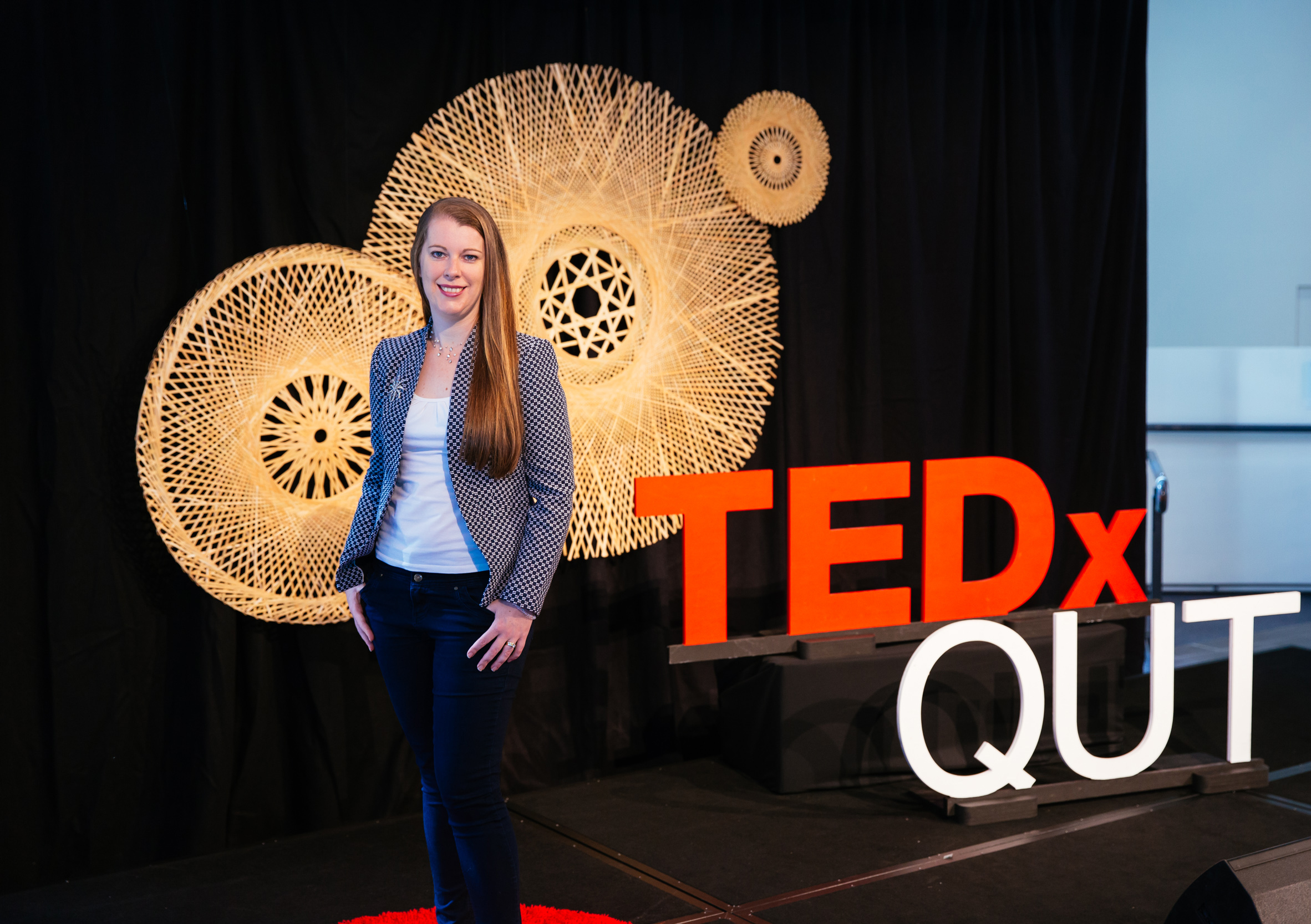
With the cost of romance fraud to Australians jumping to $83 million last year, up from $60.5 million in 2018, a global QUT survey seeks to better understand the techniques offenders use and protect future victims.
Online fraud expert Dr Cassandra Cross, a QUT-based Cybersecurity Cooperative Research Centre Senior Research Fellow, says the COVID-19 pandemic and increased social isolation makes people more susceptible than ever to being scammed.
She also warns people to be wary of any approaches from strangers via Facebook, Instagram, Words with Friends, and other popular sites.
“While online communities and forums have helped many people cope with being in lockdown during COVID-19, the isolation and anxiety many are feeling can enhance their loneliness and desire to engage online,” Dr Cross said.
“Being online so much more and separated from family, friends or work colleagues can make people more vulnerable to romance approaches and offenders are very good at picking their targets. You don’t have to be on a dating site to be exposed to the risk either.
“The Australian Competition & Consumer Commission recently released its report Targeting scams 2019: a review of scam activity since 2009.

“It revealed fraudsters have become better at seeming more legitimate and less outlandish than the past ‘Nigerian Prince’ types although they are still out there too.
“Awareness campaigns by police and others have seen a strong push against sending money to people you don’t know. However, offenders have embraced the use of romance fraud and they tend to target older, single women more than men.
“They develop relationships and build trust to eventually cheat victims. And as last year’s report notes, they are now initiating relationships through channels other than dating apps, such as Instagram and even the online game Words with Friends which in 2019 resulted in $600,000 in losses in Australia alone.”
Dr Cross is looking for people in Australia and overseas who have been in a relationship that was established in an online forum (such as a dating website, social media site, or email) and who realised it was not genuine.
“Romance fraud in the context of this project, is defined as someone “who has sent money or was asked to send money, from someone they believe they are in a relationship with established within an online context,” she said.
“Whether you sent that money or not, we want to hear from you. The more we can glean about the methods used by the offenders, the greater the chance of fighting them and protecting others.
“Many who have been targeted by online romance fraud become too embarrassed or ashamed to tell their family or report what’s happened to authorities. We need to get past that stigma and warn others, especially currently when people are so much more exposed.
“Everyone is a potential target and silence is golden to the offenders.”
More details on the survey are available at: https://research.qut.edu.au/romance-fraud/
Media contact:
Amanda Weaver, QUT Media, 07 3138 3151, amanda.weaver@qut.edu.au
After hours: Rose Trapnell, 0407 585 901, media@qut.edu.au


